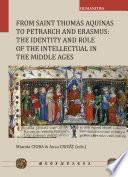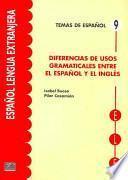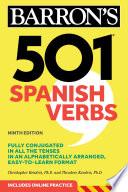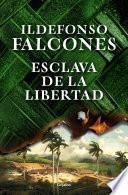From Saint Thomas Aquinas to Petrarch and Erasmus
Sinopsis del Libro

A very accurate symbolic representation of the way in which the intellectual as a social role expresses himself in relation to other estates within the medieval world is the exordial miniature of a Milanese Codex, the ms. Biblioteca Nationale Braidense AD XIII 30 (ca. 1400), preserving Petrarch’s moral treatise De remediis utriusque Fortunae. The symbolism of the image refers not only to the diversification of society and the recognition of this diversity as a defining vision of human community, it also casts a special light on the position of the intellectual as a public dignity, as a figure of authority, above the official foci of authority within the medieval social structure. A figure defined by the duty to know and to think for the benefit of, and perhaps instead of, a whole community, for which the act of thinking freely and the exercise of reason constitute most of the time a risky and unspeakable adventure. As a social figure dedicated exclusively to the discovery of truth and the ultimate knowledge, the intellectual is to be placed in a equidistant position with respect of all other categories, at the heart of a system of theological and philosophical values and in a sense coincident with the project doubly oriented, but unified as a mean of salvation, of Sant Thomas Aquinas.
Ficha Técnica del Libro
Subtitulo : The Identity and Role of the Intellectual in the Middle Ages
Número de páginas 190
Autor:
- Mianda Cioba
- Anca CrivĂȚ
Categoría:
Formatos Disponibles:
MOBI, EPUB, PDF
¿Cómo descargar el libro?
Valoración
4.3
77 Valoraciones Totales







